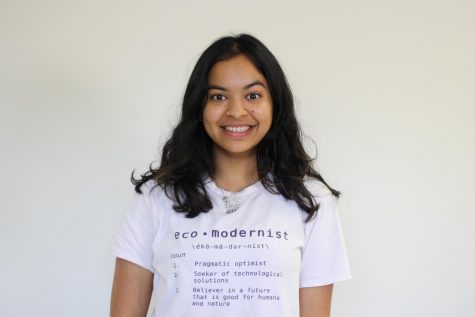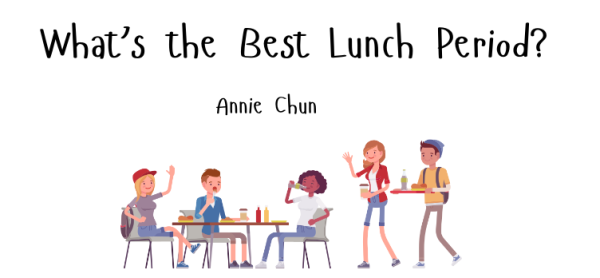Your Personality Might Determine Your Academic Success

Personality often determines learning style, and with a diversity of personality, it is almost impossible to formulate a curriculum that fits every student, and every personality. The current education system today, however, is very similar to that of the education system in the 1900s. In the U.S, school is mainly comprised of lecture-based courses and relies primarily on standardized testing as a means of assessment.
As a self-inventory test, the Myers Briggs personality test is said to accurately to indicate learning style, and the current education system amply favors students who have certain Myers-Briggs personalities, putting other types at a severe and unjust disadvantage. While standardized tests are said to impartially measure students’ abilities, the structure of contemporary classrooms creates a bias in the classroom, as a student’s success can be credited to their learning style.
Surprisingly, introversion and extroversion do not influence learning style as much as commonly thought. Instead, it is the last letter of the MBTI type (Perceiving vs. Judging), that can severely inhibit or encourage success within the U.S. education system.
J-trait students tend to prefer to learn in a decisive, planned, and orderly way, often finding satisfaction in completing assignments, writing papers, reading books, and in giving oral presentations, abiding by the way school’s curriculum is structured. Along these lines, a study performed on college-aged, principles of economics students found that J-trait personalities preferred, on average, sequential presentations of curriculum material, well-defined tasks assigned to them, and clear directions, all attributes of the current formal educational environment in the U.S. In contrast to this fact, P-trait personalities prefer fluidity and freedom while learning, both conditions which are not present in today’s modern and strictly structured classroom.
In an interview with Fatima Rafie [12], who explored the relationship between education and personality as her Junior Capstone, she stated that as an INTJ. she prefers things to be taught in an organized and systematic way. “No matter the no class (both humanities and stem), the way school is set up encourages students memorizing facts instead of understanding content,” she reveals. After starting her Capstone, Rafie realizes that classes such as history tend to cover material in chronological order, stating “when taught in that way, history makes sense to the -NTJs, who are the rarest types, but that is not true for everyone.”
Rafie hopes to pursue psychiatry or psychology in the future, but feels that “it’s going to be hard to completely revolutionize the education system to based around learning style, but it’s important for teachers and administrators to take this research into account, and allow for a gradual change in the system to receive acceptance from all within this system.” She recommends that everyone should take the MBTI test, as it may reveal more about not only personality but learning style than one would think. It is still possible to find a system of studying outside of school in accordance with individual personality to better accommodate the current structure of education.

Hi! My name is Sameeha Khan and I'm a junior at Oakton and a staff writer at the Oakton Outlook. Though this is my first year writing for the newspaper,...






